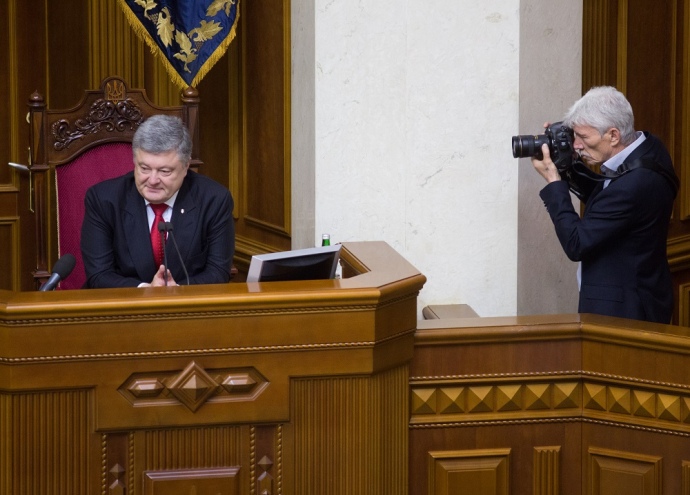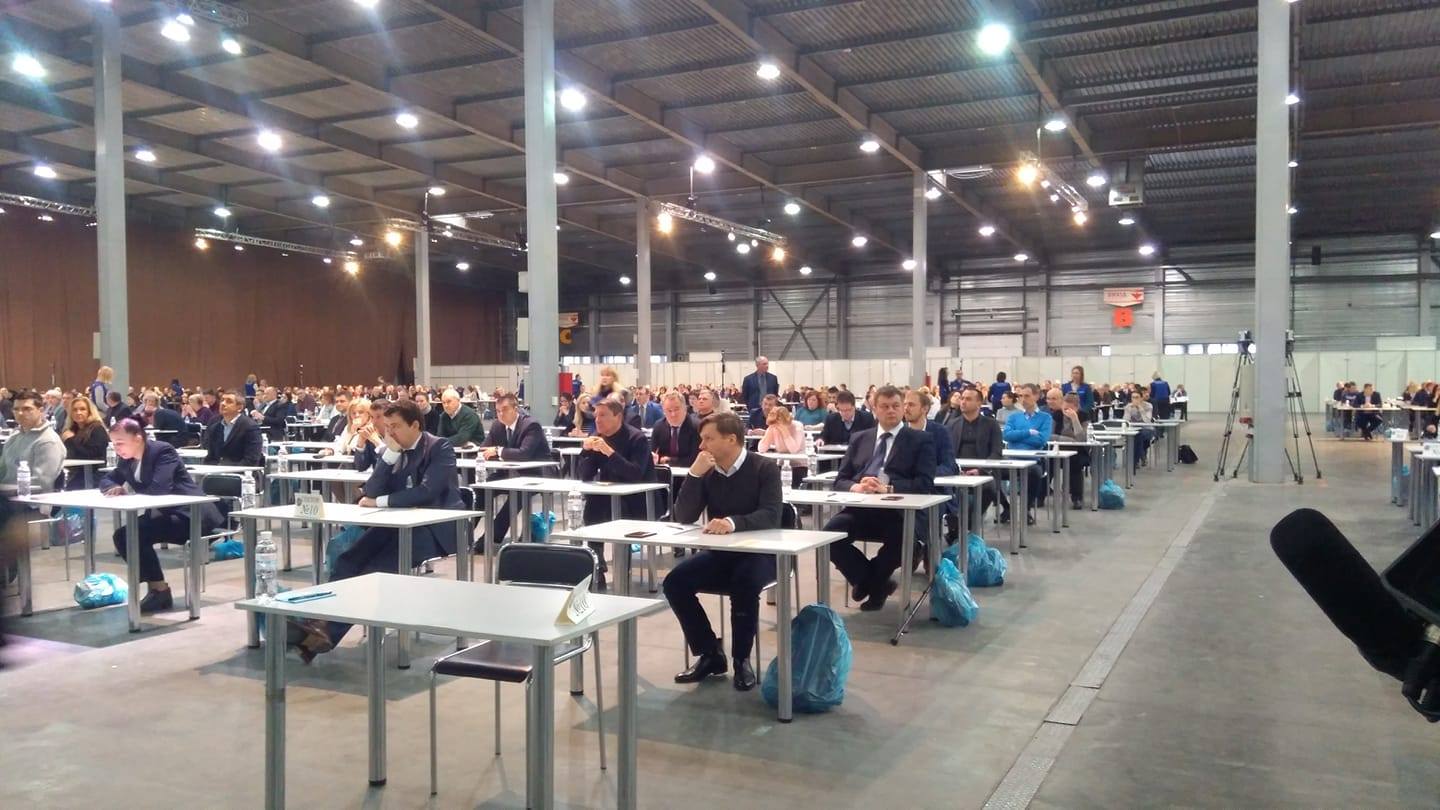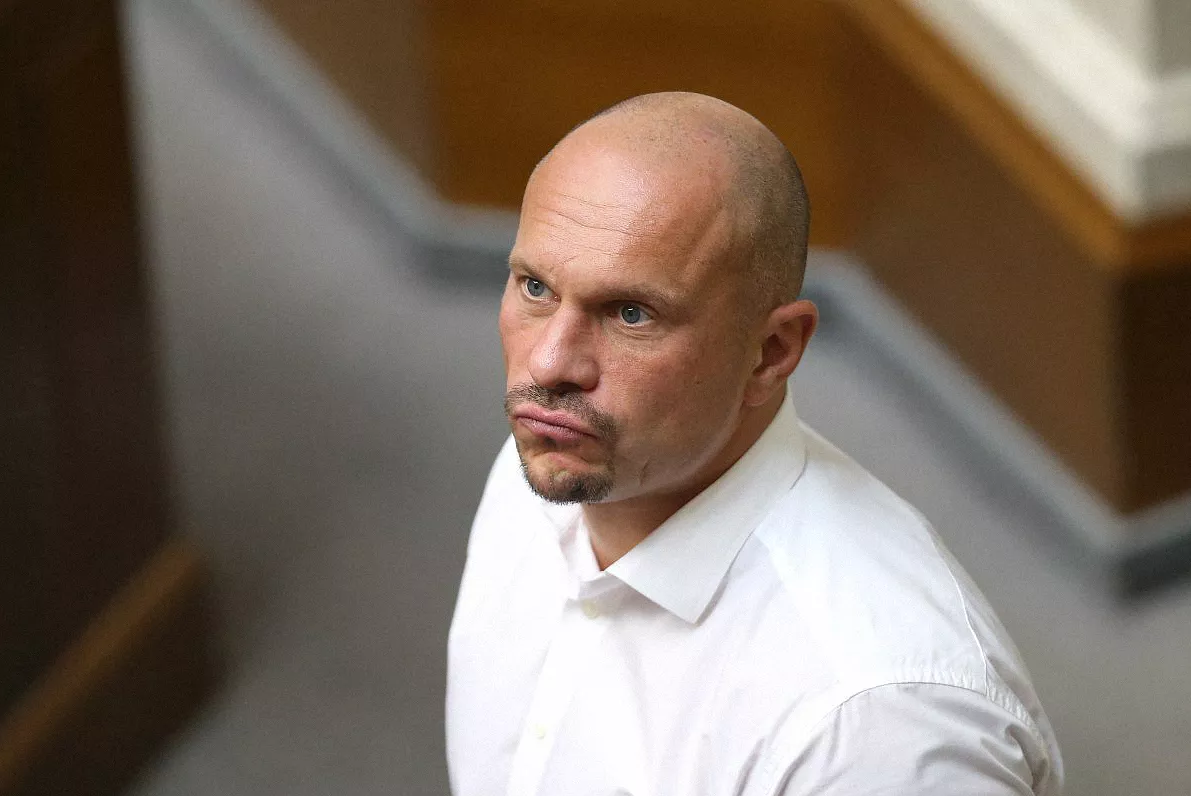What should be done to fight corruption in Ukraine?
During the bilateral EU-Ukraine Summit in June-July the EU was not satisfied with the progress achieved so far in fight against corruption. And it has not changed significantly. Last week during his visit to Kyiv Johannes Hahn again made that point. And for us the most important steps right now that an Anti-Corruption Court is set up, fully relying with what has been said by the Venice Commission. We also except that all the necessary steps are taken that the national anti-corruption prevention agency can actually start assessing the more than one million e-declarations that have been submitted. And as it has been also discussed in summer, thirdly we find it’s appropriate that e-declaration obligation from NGOs is withdrawn.
The president Petro Poroshenko praised the competition to the Supreme court and civil society in particular the representatives of the Public Integrity Council said that they were used for appointing needed for the Administration of President candidates. How does the EU evaluate it?
For us there is no doubts that the process of selection and nomination has been extremely transparent. And it is really something for which Ukraine has to be applauded. On the other hand, there is no doubt that civil society and others question the integrity of some of those who are finally appointed, it is now important that the Supreme Court starts operating. Important to look at who will be the presidents and chairs of the different chambers of Supreme Court, and whether they themselves will look at the integrity of those whom they select for these crucial positions.
Does EU have the instruments of putting pressure on Ukraine in the process of the Anti-Corruption court creation as there are two main threats to it: protracting with the law and not letting intentional experts to take part in the process?
We are now waiting for the president to take necessary steps to implement in line with what has been said by the Venice Commission, but it is not up to the EU to pressure for anything. Ukraine is a sovereign country and we will respect what is happening there but we will also stand ready to assist, including with the international experts.
How do you estimate Ukrainian government efforts in re-integration of Donbas with Ukraine?
There is an actual plan of the government on Donbas which EU hopes will be implemented. It has been prepared together with international community. For the EU, I can say that we are already reinforcing our existing efforts. In December, we are hopefully signing an agreement to set up EUR 50 mn programme dedicated to eastern Ukraine, to the two oblasts which are suffering most from the impact of the war.
The EU wants to set up the whole range of actions with which we want to allow education to be improved because we know that all the universities had to be relocated. We would like to address the medical situation, but we also like to start revitalizing the economy. Because many people have lost their homes, their jobs. And it is important that new jobs are created and we would like to contribute to it.
What do you think about the idea of Marshal Plan for Ukraine suggested by Lithuania?
Since the Maidan Revolution the EU pledged more than EUR 13 mn in support of Ukraine and about 11 mn of that money has already been dispersed, including with the international European financial institutions support measures. What we find right in the current discussions is that firstly the idea of European Marshal plan for Ukraine is concentrating on investment because the key is to re-dynamize the economy, create jobs for the people. And it is not only about the public investments, it is much more about mobilizing the enormous private investment that is needed. What would be facilitating such private investments that is a significant improvement in the situation of rule of law, anti-corruption so that companies feel safe when invest in Ukraine. Once this is the case, we share the view of many our international partners than they would come to Ukraine and invest significant and create jobs. On the other hand, we are also looking indeed as suggested by the Lithuanian colleagues at the option of public investments and we are trying to find the best possibilities to use the funds that are available in a more efficient way.
We should not forget that there are billions of funds which have been committed and signed up to, but which are not implemented for numerous, sometimes bureaucratic, reasons. So, unblocking this pipeline of projects would already contribute a lot. And thirdly, it is crucial that any such help is clearly linked with conditions.





